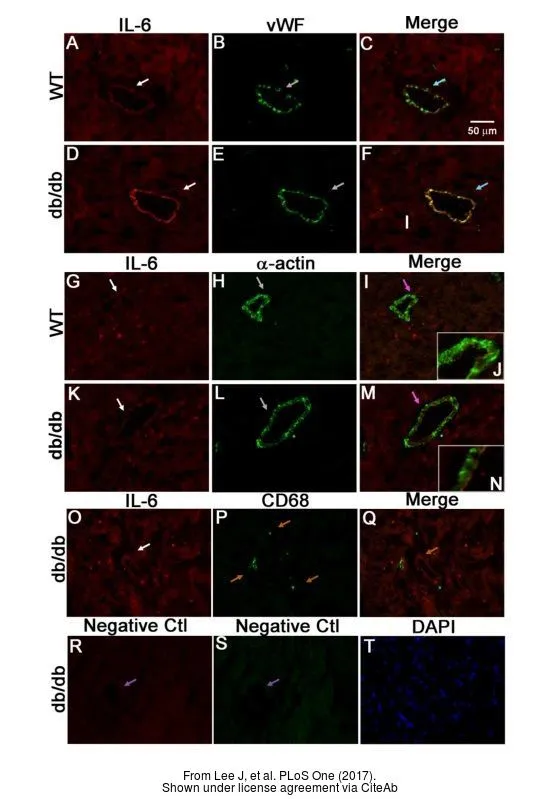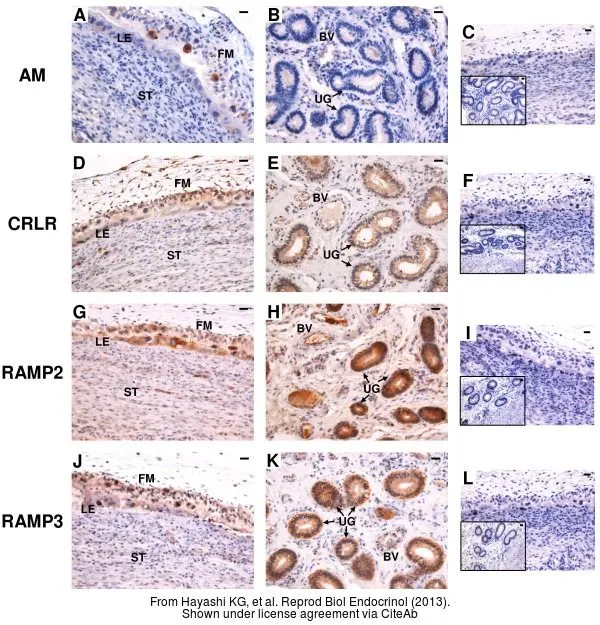
The data was published in the journal Int J Mol Sci in 2018. PMID: 30042348
Rabbit IgG isotype control
GTX35035
ApplicationsFlow Cytometry, ImmunoFluorescence, ImmunoPrecipitation, Western Blot, ChIP Chromatin ImmunoPrecipitation, ELISA, ImmunoCytoChemistry, ImmunoHistoChemistry, ImmunoHistoChemistry Frozen, ImmunoHistoChemistry Paraffin, Other Application
Product group Antibodies
Overview
- SupplierGeneTex
- Product NameRabbit IgG isotype control
- Delivery Days Customer9
- Application Supplier NoteUse at a concentration/dilution equivalent to that of your experimental primary antibody.
- ApplicationsFlow Cytometry, ImmunoFluorescence, ImmunoPrecipitation, Western Blot, ChIP Chromatin ImmunoPrecipitation, ELISA, ImmunoCytoChemistry, ImmunoHistoChemistry, ImmunoHistoChemistry Frozen, ImmunoHistoChemistry Paraffin, Other Application
- CertificationResearch Use Only
- ClonalityPolyclonal
- ConjugateUnconjugated
- HostRabbit
- IsotypeIgG
- Scientific DescriptionInclusion of an appropriate isotype control is essential for the proper interpretation of experimental results. Because isotype control antibodies have no relevant specificity, they enable the researcher to distinguish non-specific background binding from antigen-specific antibody binding. Non-specific binding of primary antibodies may occur due to either binding of antibody to Fc receptors or non-specific interactions with cellular proteins, lipids, or carbohydrates. Additionally, autofluorescence or endogenous enzyme activity in target cells may give a false positive that could be misinterpreted as antibody binding. These factors vary by target cell type and the isotype of the primary antibody. Therefore, the primary antibody used should be matched to an isotype control of identical species and isotype (including both heavy and light chains).
- Storage Instruction2°C to 8°C
- UNSPSC12352203
References
- Tumor suppressor p53 mediates interleukin-6 expression to enable cancer cell evasion of genotoxic stress.Read more
- HIF-1 regulates pathogenic cytotoxic T cells in lupus skin disease.Read more
- Obesity-induced metabolic imbalance allosterically modulates CtBP2 to inhibit PPAR-alpha transcriptional activity.Read more
- MLKL signaling regulates macrophage polarization in acute pancreatitis through CXCL10.Read more
- Characterization of a new CCCTC-binding factor binding site as a dual regulator of Epstein-Barr virus latent infection.Read more
- The interplay between the airway epithelium and tissue macrophages during the SARS-CoV-2 infection.Read more
- IkappaBaeta controls IL-17-triggered gene expression program in intestinal epithelial cells that restricts colonization of SFB and prevents Th17-associated pathologies.Read more
- CTCF-Induced lncRNA C5orf66-AS1 Facilitates the Progression of Triple-Negative Breast Cancer via Sponging miR-149-5p to Up-Regulate CTCF and CTNNB1 to Activate Wnt/beta-Catenin Pathway.Read more
- K48/K63-linked polyubiquitination of ATG9A by TRAF6 E3 ligase regulates oxidative stress-induced autophagy. Wang YT et al., 2022 Feb 22, Cell RepRead more
- Roles of ERRalpha and TGF-beta signaling in stemness enhancement induced by 1 microM bisphenol A exposure via human neural stem cells. Dong P et al., 2022 Feb, Exp Ther MedRead more


